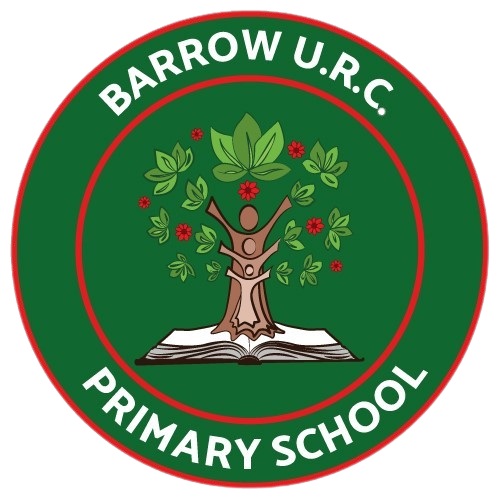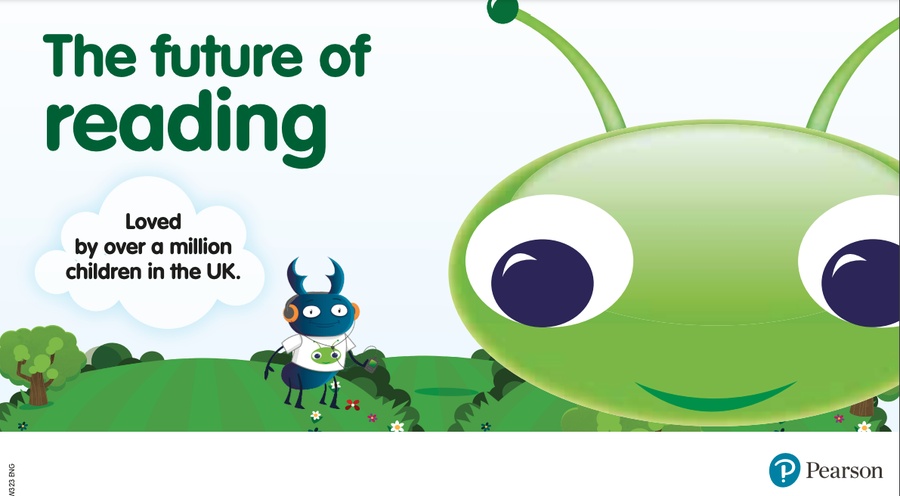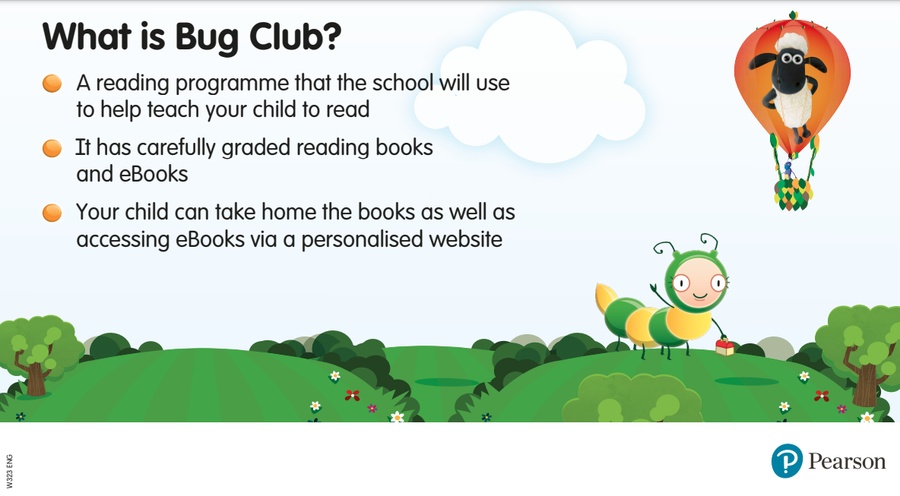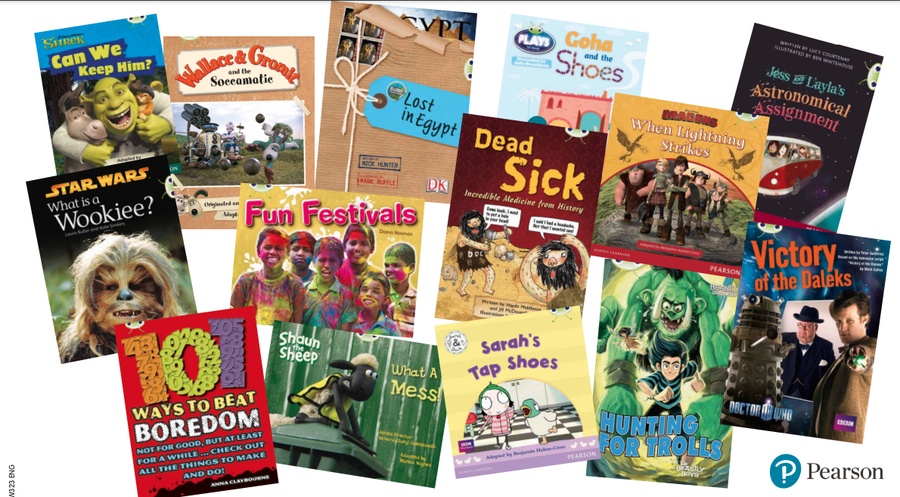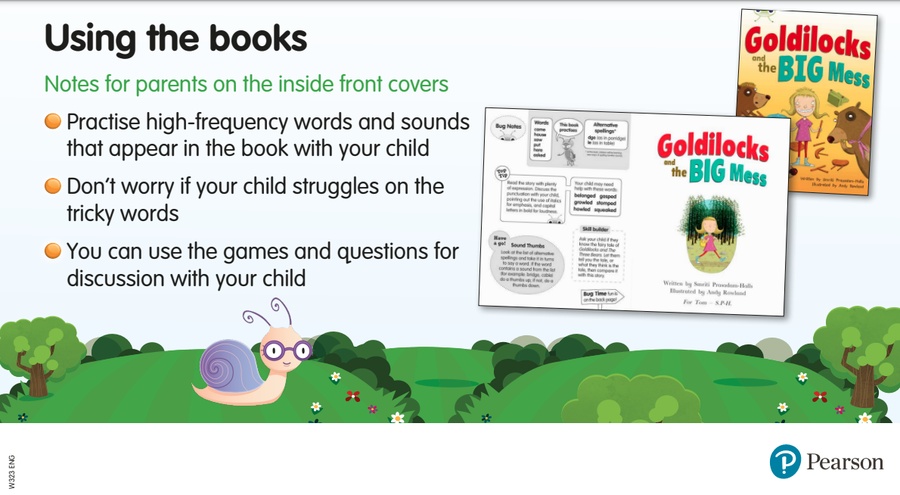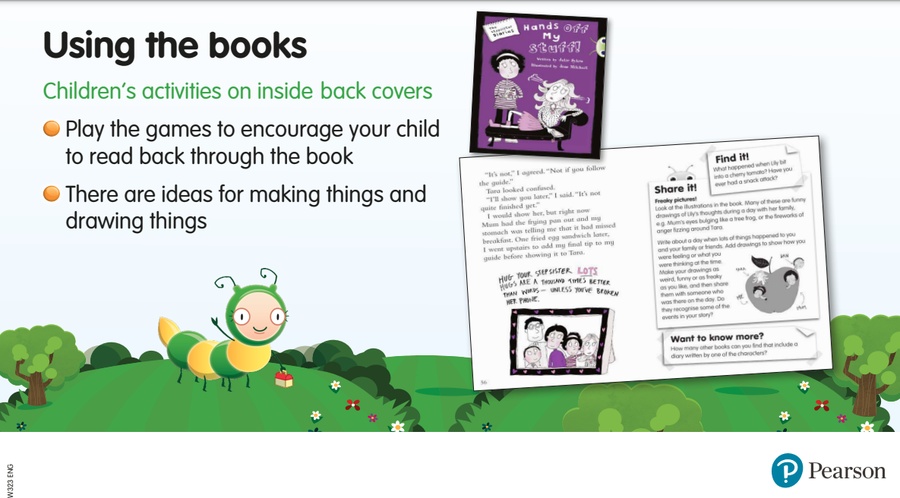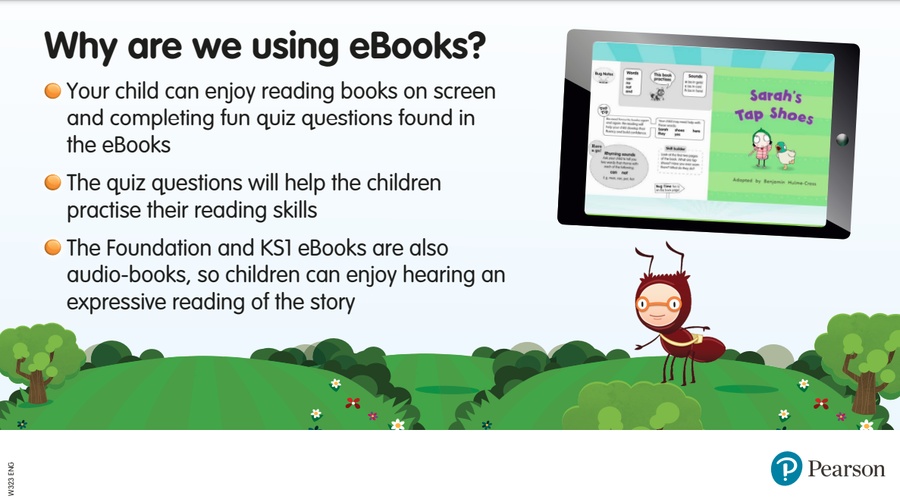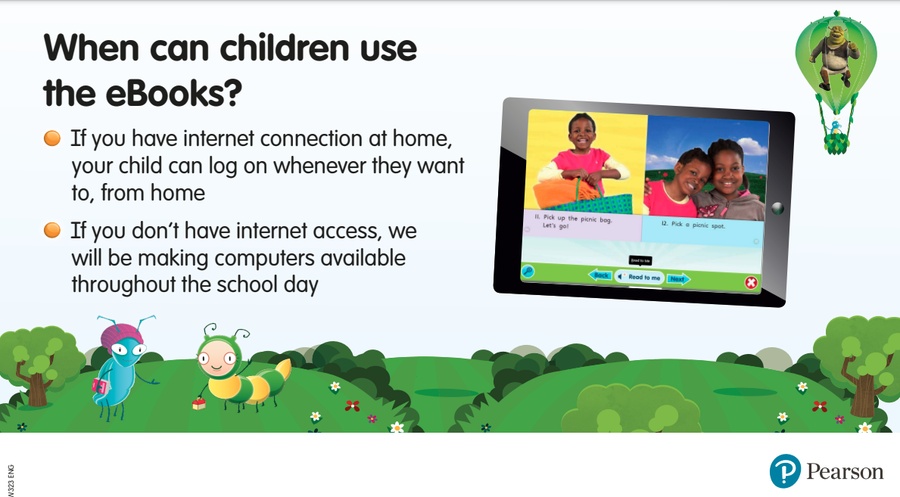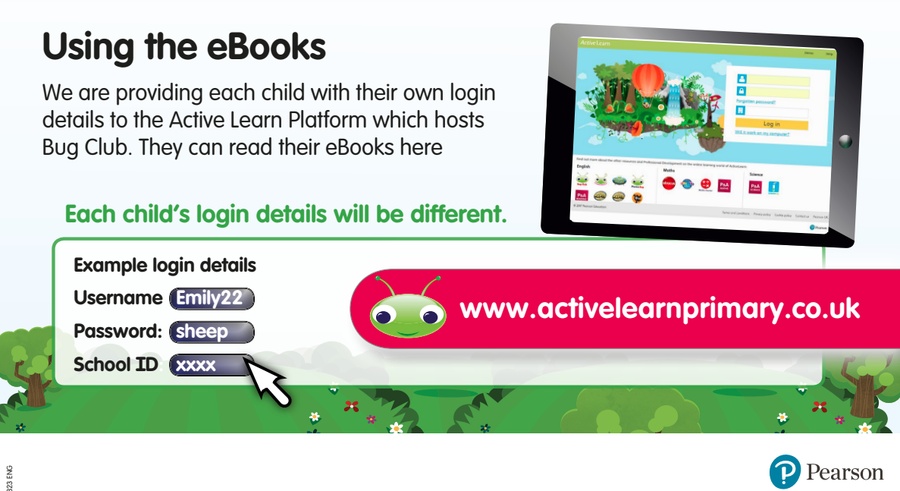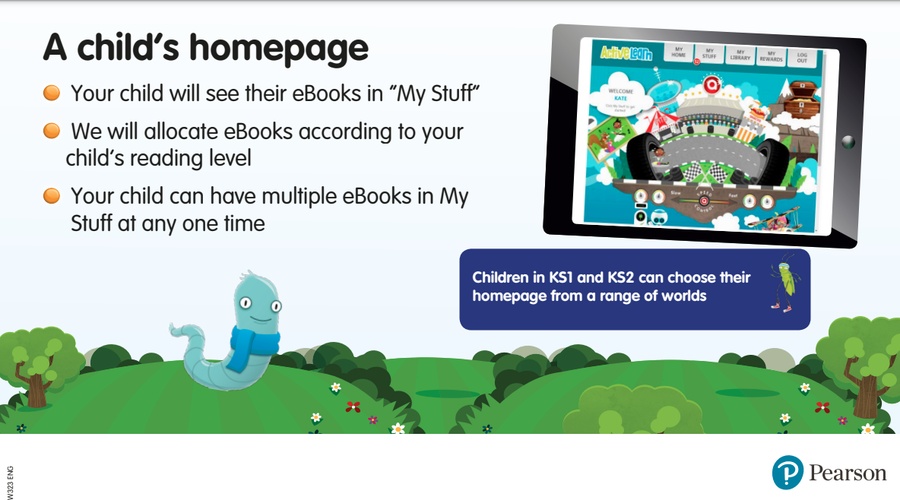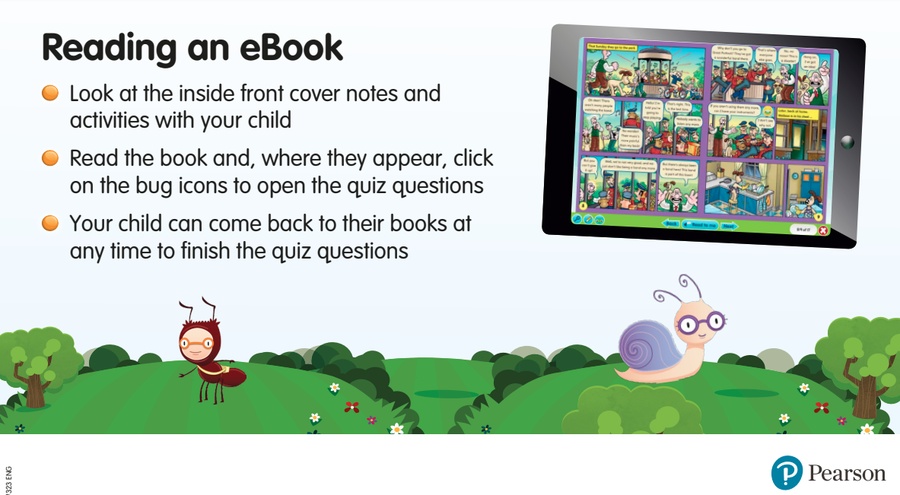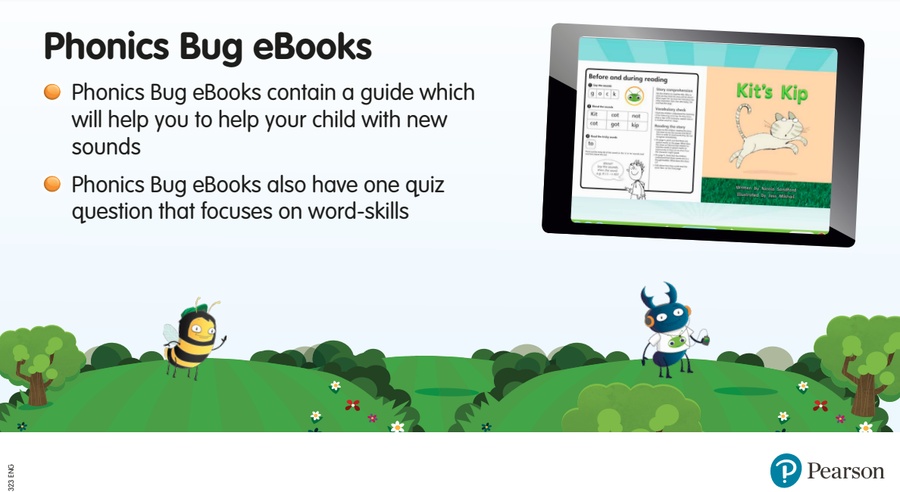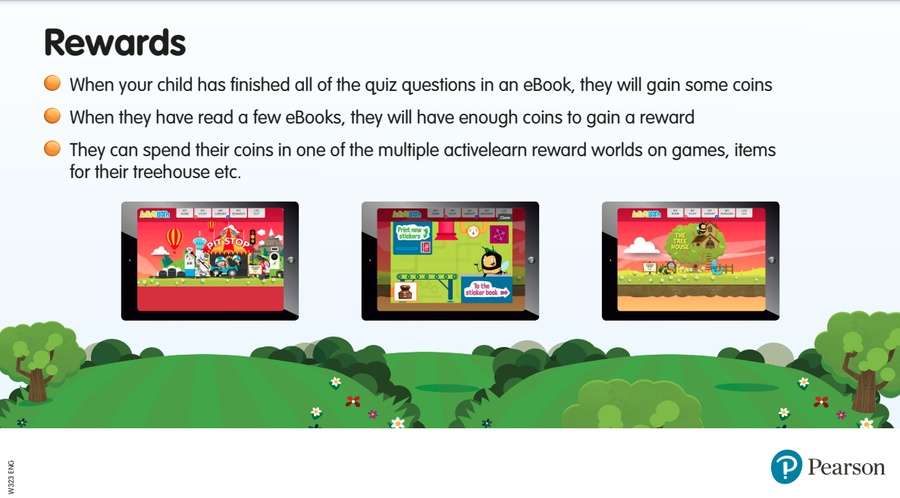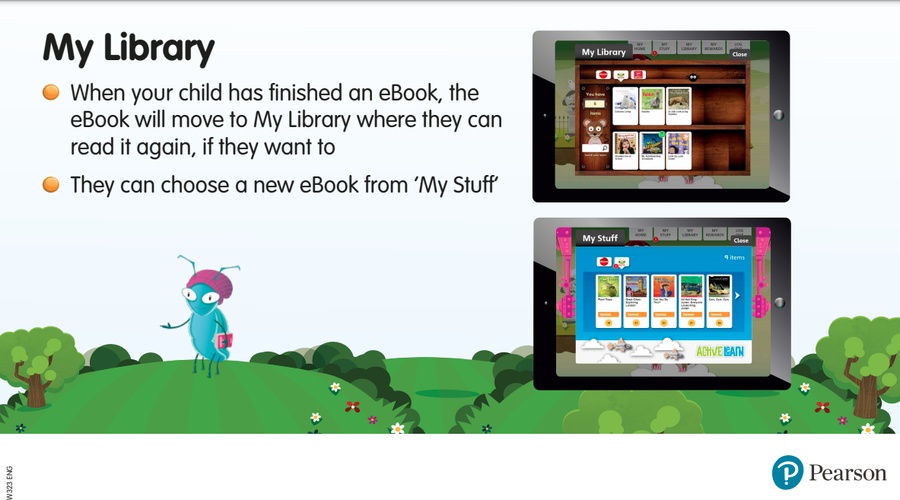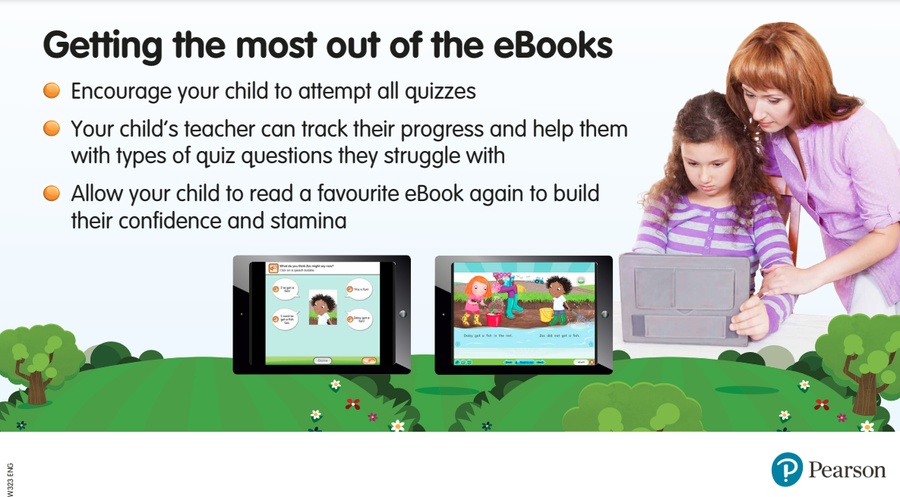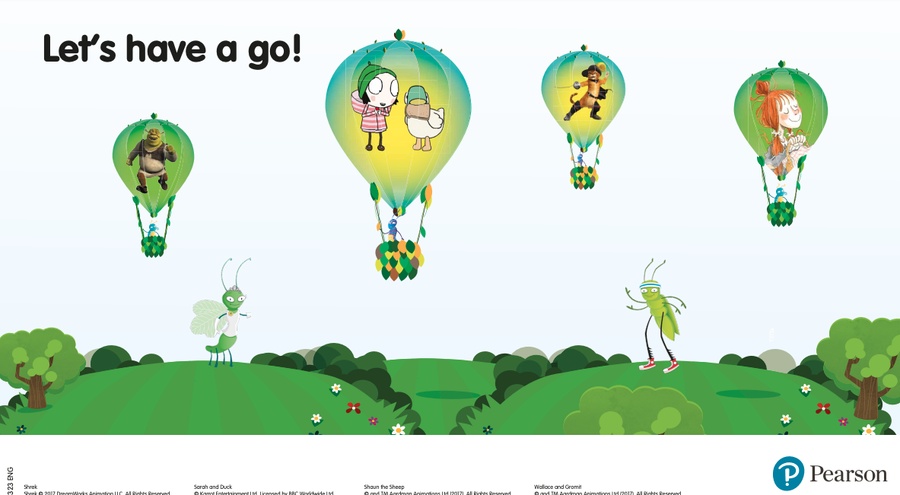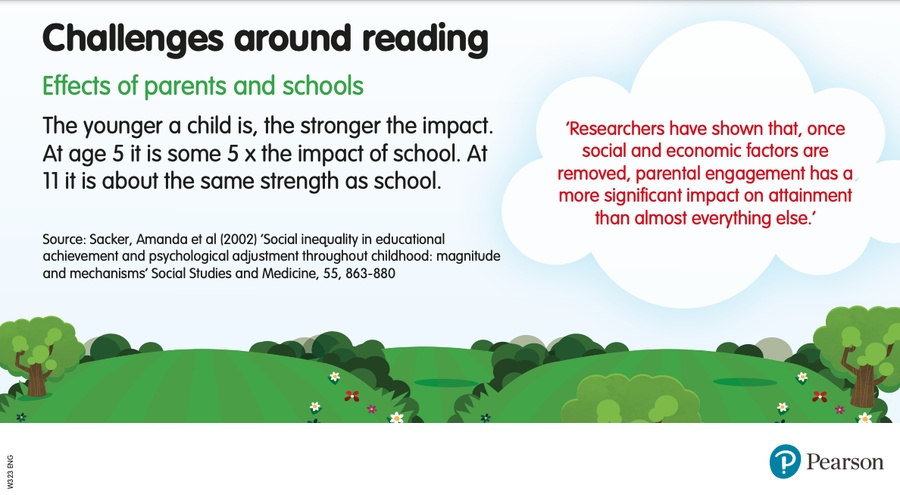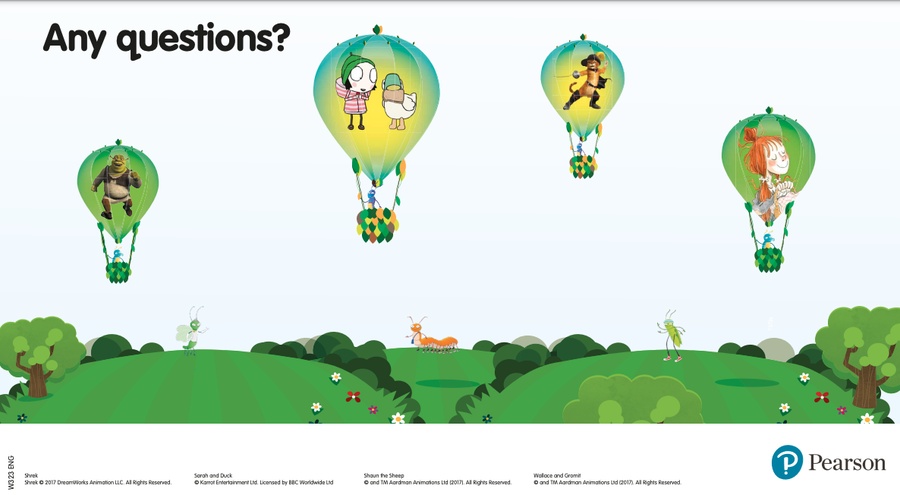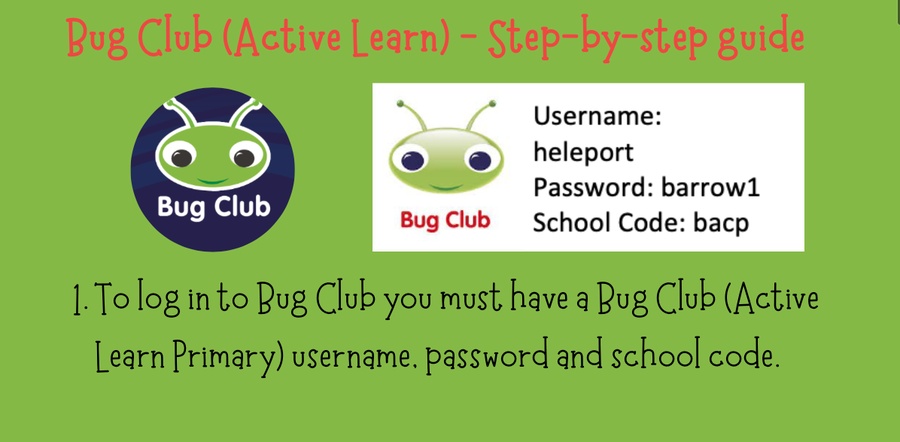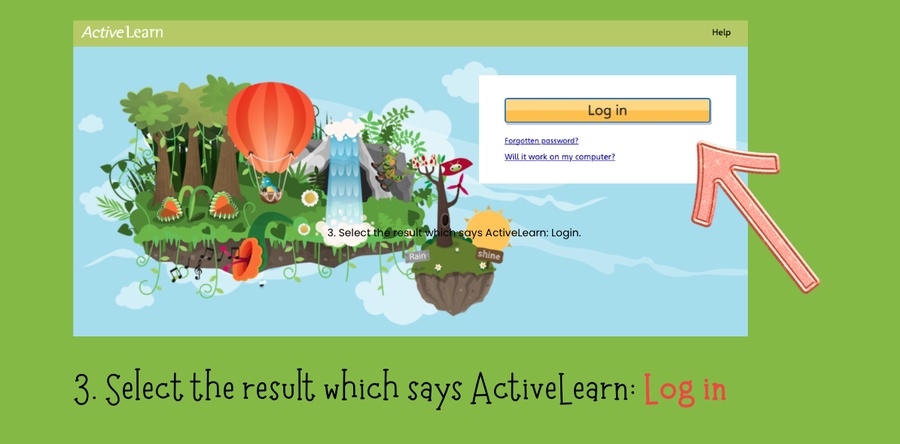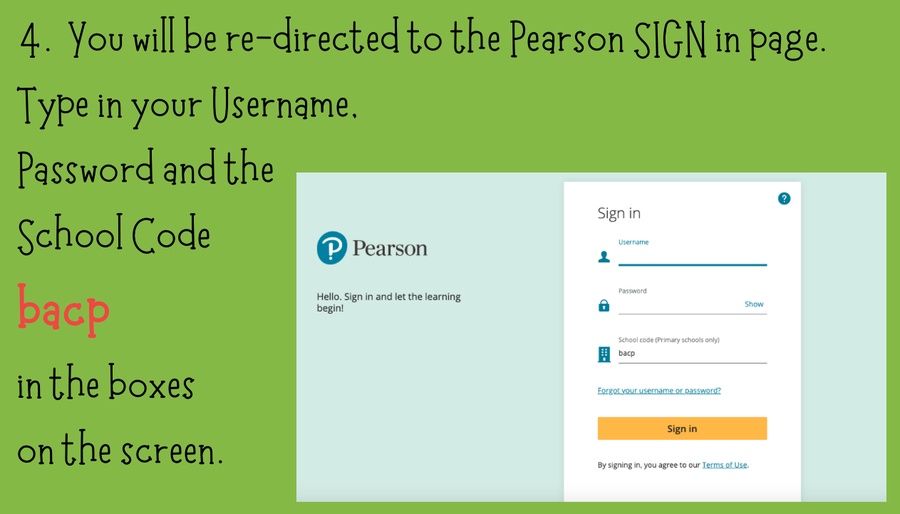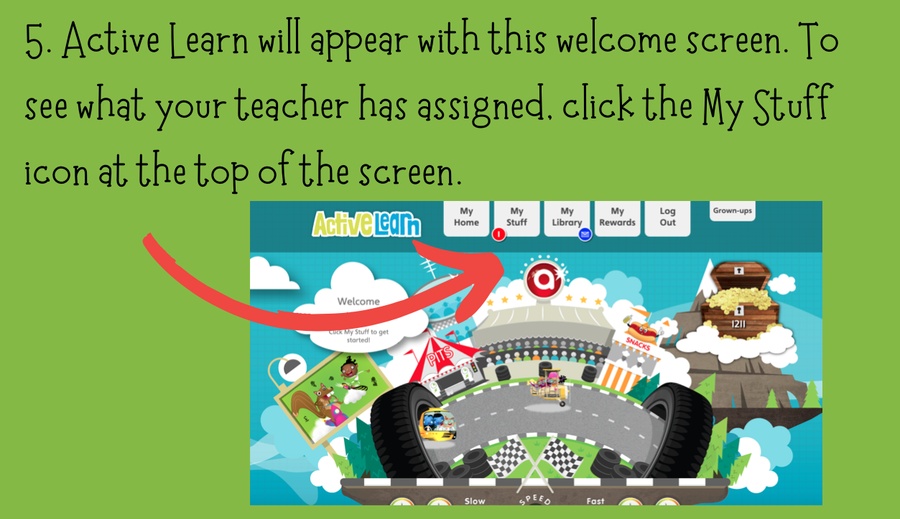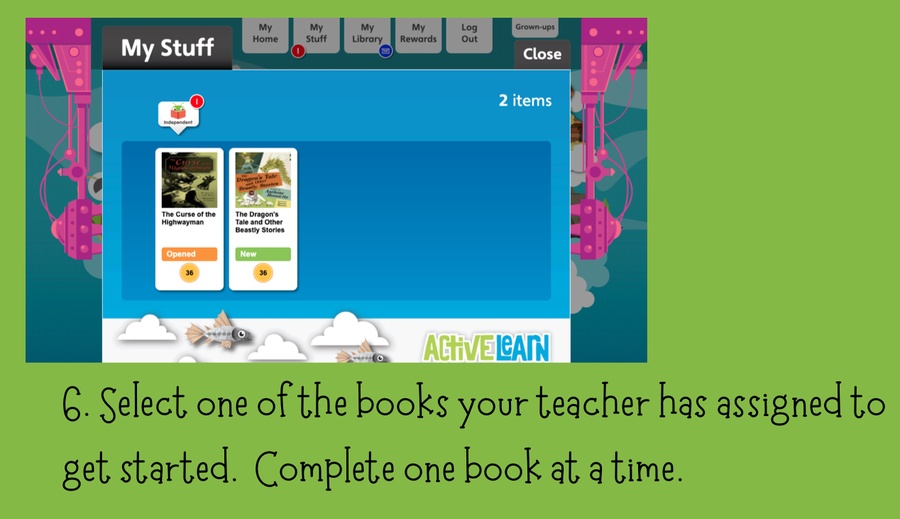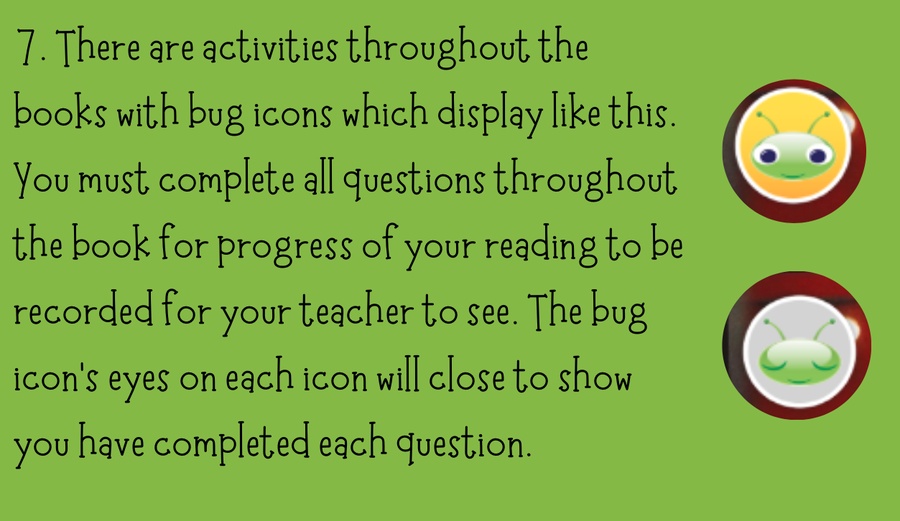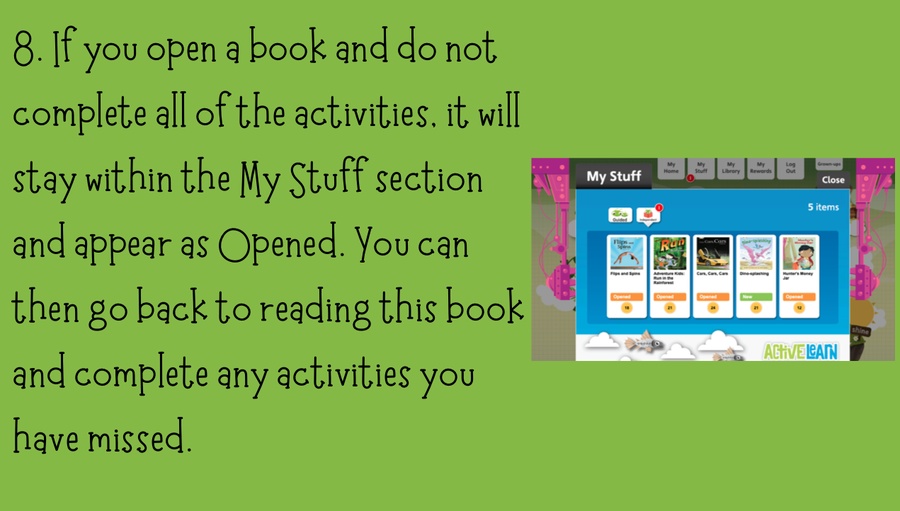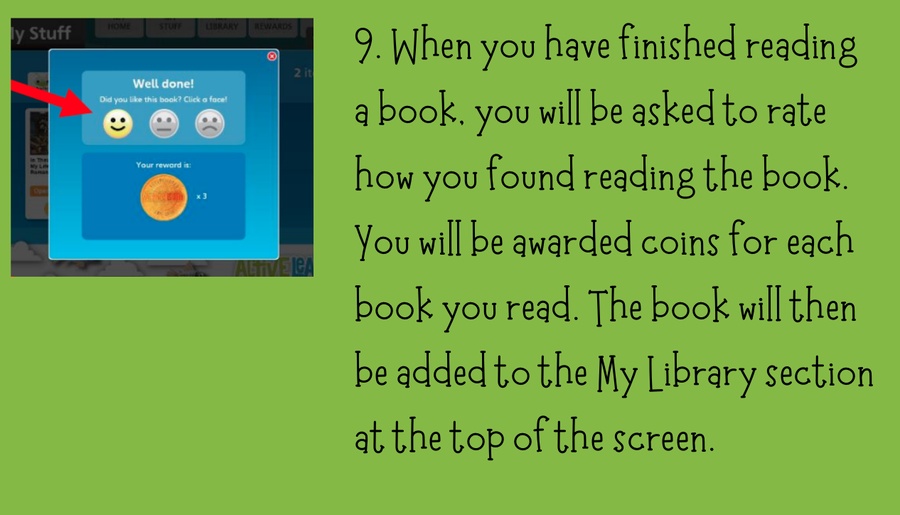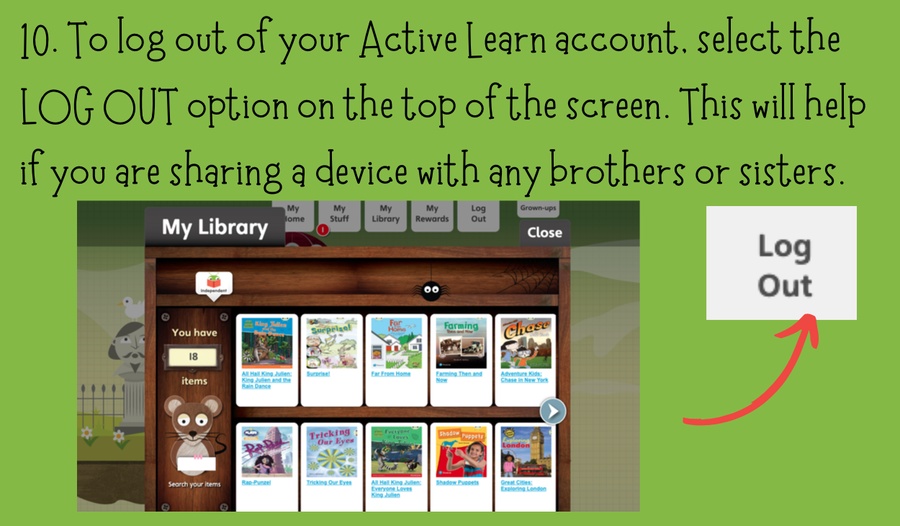Bug Club and Reading with your child
A Guide for Parents – Reading With Your Child
Together with the Lancashire Literacy Team we have put together a short guide to help you when reading with your child. We want our children to read regularly.
Let's start at the beginning. In Reception, your child will start learning Phonics. At Barrow, children are taught using the Red Rose Letters and Sounds scheme and Key Stage 1 children have daily phonics lessons.
To help parents with phonics, we have attached a short video to help parents with the pronunciation of each letter and sound.
Phonics: How to pronounce pure sounds | Oxford Owl
Learn how to pronounce all 44 phonics sounds, or phonemes, used in the English language with these helpful examples.
Read to them every day!
- Just before they go to bed is a good time ... but not in front of the TV!
- Be enthusiastic about the story ... or choose another.
- Allow the child to choose whenever possible. Yes, they will often choose their favourite over and over again ... this is quite natural.
- If you try to change the story, or leave bits out they will tell you very quickly.
Before you read you may like to:-
- Read through the story yourself first. (It’s a big help if you know the story well ... it helps you to lead up to the exciting bits and encourage joining in)
- Decide (even practise) the bits to read like a giant or ant.
- Decide good places to stop and ask; “What do you think will happen next?”
- Decide which pictures to stop and talk about.
During the reading:-
- Show your enjoyment ... laugh, smile, look scared, look sad, sound excited, etc. ! Run your finger along the line under the words as you read.
- Invite the child to turn the pages over ... you may need to guide their hand first. ! Talk about the pictures ... “Can you see the wolf hiding?”
Difficulties or mistakes ...
If you child comes to a difficult word and stops, you may like to try some of the following ideas ...
- Ask them to look at the first letter of the word
- Encourage sounding out each letter to build the word and blend the sounds together
- Ask them to look at the picture for clues
- Ask them to miss the word out and read to the end of the sentence. Then go back to the beginning of the sentence and make a guess. They could use the first letter of the word to help them
- Ask them to look for any words they might know
- Ask them to think about the story
- Ask them to look for patterns in words eg ing, -ed, ight
If they still do not know, then tell them the word. You can go back later to reread the tricky bit. Try to keep the story flowing so you can both enjoy reading together. It is more important for your child to know what the book is about, rather than read every word correctly.
Try to be positive and praise your child for their effort and achievement, even if they do not read the whole book fluently!
After reading:-
- Talk about similar experiences your child might have had. “Do you remember when you ...” “It’s just like when you ...”
- Talk about the story afterwards. “Which bit did you like?” “Wasn’t it funny when.."
If you child enjoyed the story:-
- Read it again
- Find another in the series
- Find another by the same author !
- Find another on the same topic
Books read to children can help enrich and extend these. As well as the ‘book language’ children learn at this time, those who are read to regularly, develop a positive attitude to and a love for reading.
This positive feel and love of books is a powerful incentive to children to learn to read for themselves ...which after all is what we really want.
Recommended Reads
We have put together a list of recommended reading books for each year group. These can be found on the school’s website: https://www.barrow.lancs.sch.uk/recommended-reads
What is Bug Club? - A Guide for Parents
How to use Bug Club - A step-by-step guide
Parent Workshops
To access the slides from any of our Parent Workshops just click on the weblink below:
Spelling Raffle
Please see below a letter that was sent out to parents in the last academic year outlining our approach to spellings and the rationale behind it.
